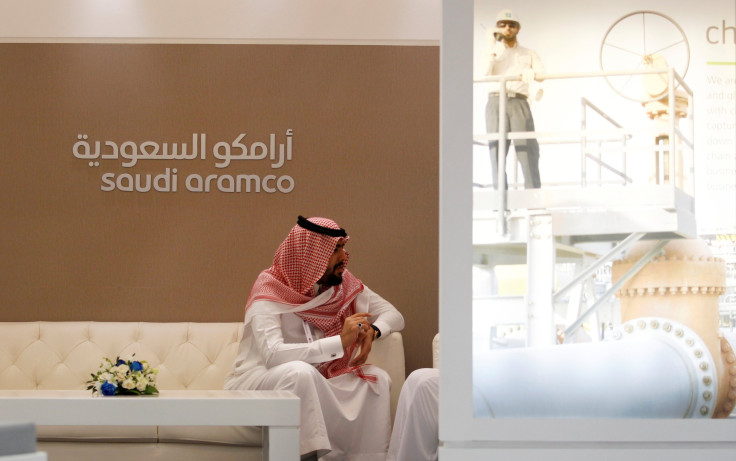Oil Prices 2016: Saudi Arabia Cuts Off Oil To Egypt

Saudi Aramco has discontinued shipping refined oil products to the Egyptian General Petroleum Corporation, Egypt's state oil company, as of early October, Reuters reported Monday, citing an Egyptian government official.
Egypt did not receive crucial allocations of Saudi petroleum aid this month, forcing its state buyer to intervene by rapidly increasing tenders in order to buy over $500 million in petroleum products from other sources. EGPC also plans to release tenders to purchase fuel for local consumption.
Saudi Arabia previously agreed to provide Egypt with 700,000 tons of refined oil products in a $23 billion deal signed earlier this year. The supply was to be shipped on a credit line with a 2 percent rate expected to be repaid in 15 years.
The sudden halt comes during a severe shortage in foreign currency supplies for Egypt, which in September amounted to more than $19 billion, according to Egyptian Streets. Prior to the 2011 Revolution, in which popular protests toppled long-time Egyptian President Hosni Mubarak, and subsequent political turmoil, foreign currency reserves were estimated around $36 billion.
While Egypt was the world's 26th largest petroleum producer in 2014, according to the Energy Information Administration, it still imported over $4 billion worth of refined oil that year. In that same year, Egypt imported 6 percent of refined petroleum products from Saudi Arabia, based on a chart by the Observatory of Economic Complexity.
Saudi officials, whose own nation's economy has been threatened by falling oil prices, did not offer a timeline or reason for the suspension. The decision follows a recent spat between the countries over policy in Syria. On Oct. 8, Egypt supported Russia in vetoeing a United Nations resolution that called for an end to military strikes on Aleppo, Syria. Saudi Arabia vehemently supports the opposition in Syria, while Russia backs Syrian President Bashar al-Assad.
Egypt defended the vote by claiming that the resolution did not offer a permanent solution to Aleppo's humanitarian crisis. But Saudi envoy to the UN Abdullah al-Muallami publicly derided Egypt's action, calling it "painful," according to Al-Arabiya.
Once a staunch ally of the West, Egypt has since drifted away following two political upheavals in 2011 and 2012 along with growing concerns of domestic instability spilling over from regional developments, including an Islamic State presence in the Sinai Peninsula and neighboring Libya.
This latest action may push Egypt closer to Russia. After voting together to squash the French-drafted UN resolution, the Egyptian and Russian agricultural committies pledged to forge better relations, Ahram Online reported. While Egyptian officals have denied rumors of Russia reviving an old Soviet naval facility in the Egyptian coastal town of Sidi Barrani, the two nations are scheduled to perform a historic joint counterinsurgency military exercise later this month, RT reported.
Egypt will have to weigh this partnership against the heavy costs of losing Saudi Arabia as an economic ally. The Aramco deal saved Egypt millions of dollars a month at a time when its attempting to turn its beleaguered economy around and reduce its deficit, according to OilPrice.com. In order to attain a crucial $12 billion loan from the IMF, Egypt is already expected to devalue its currency. The loss of Saudi oil adds to the country's economic woes.
© Copyright IBTimes 2024. All rights reserved.






















